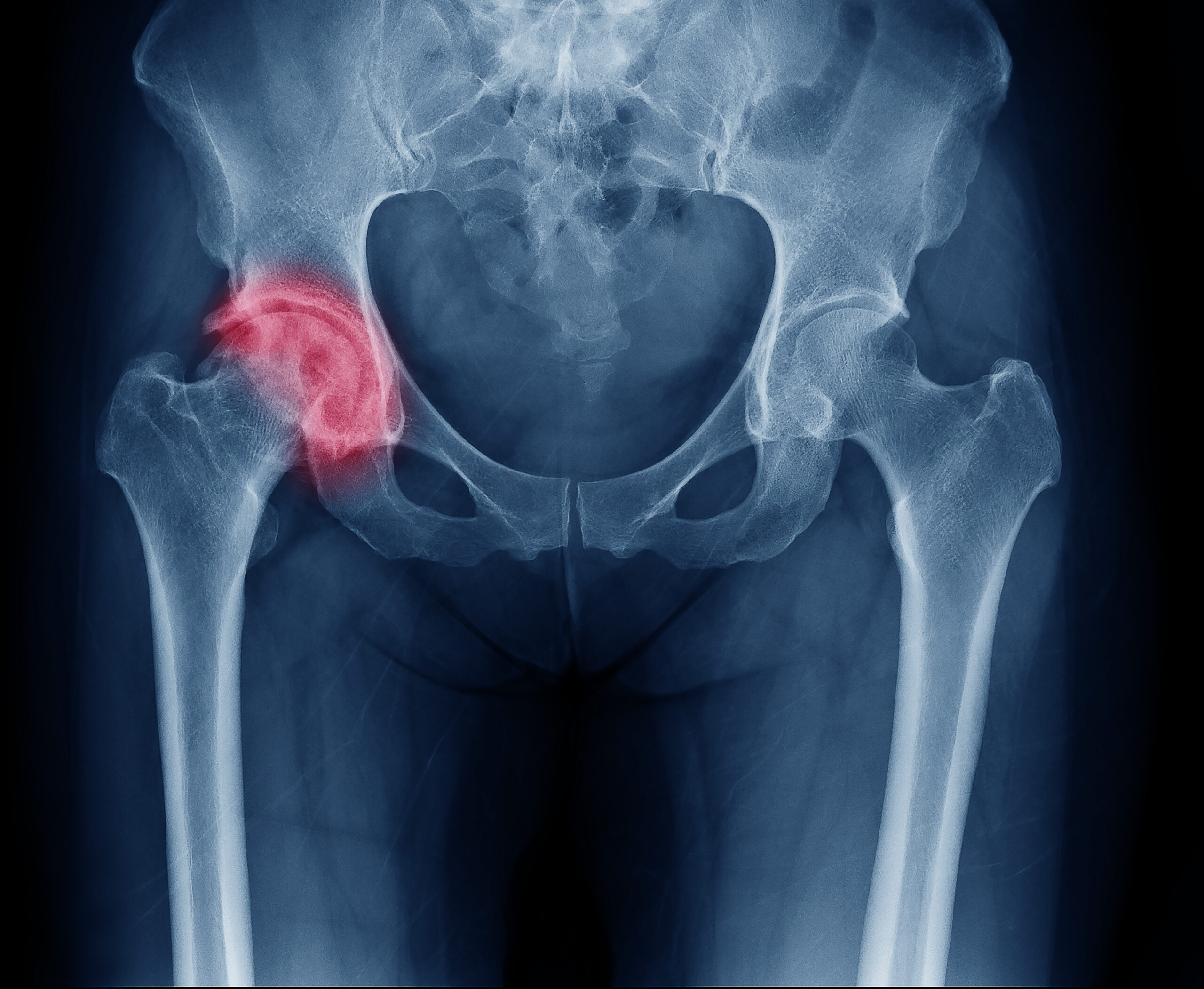Hip and Leg Pain: Causes, Diagnoses, & Treatment
There are many factors that can cause hip and leg pain, from muscle and tendon problems to nerve damage. You need to get treatment as soon as possible for any pain so you know what’s causing it.
Despite repeated motion and wear and tear, the hip joint can hold up. It’s the biggest ball-and-socket joint in the body, so it has fluid movement. The hip bone moves in its socket with the help of a cushion of cartilage whenever you use it. Running is a good example.
Though it seems indestructible, it’s not. Age easily wears down and damages cartilage. Overusing hip muscles and tendons can hurt them. When you fall or get injured, hip bones can break. There are lots of things that can cause hip pain. Find out what’s making your hips hurt and how you can relieve it.
On The Other Hand
When it comes to leg pain, there’s a common misconception that it’s just muscle aches or arthritis. Pain and cramps in the legs may be an indication of a more serious underlying disease. Consult a vascular specialist about your leg challenges. The calves and thighs are common places for leg pain while exercising or relaxing.
Is there a reason for this discomfort? You might have peripheral arterial disease (PAD), which affects blood flow in the lower body, causing pain in your legs. Hair loss, discoloration, fatigue, skin temperature changes, and ulcers are just a few of the symptoms of circulatory problems. Venous insufficiency disease can cause many of these symptoms, along with leg discomfort.
But we need to go deeper to explore the variety of causes contributing to hip and leg pain. Hip pain is common in adults and often causes functional disability — and can sometimes be chronic. Leg pain associated with hip pain is routinely found in patients, as there is oftentimes a connection between both problems.
Discover the Direct Cause of Hip and Leg Pain
An injury to a joint can cause dislocation when the ends of the bones move out of place, fueling hip and leg pain. In a car accident, the knee may strike the dashboard in front and cause the hip ball to shift. Intense pain and swelling can occur if the dislocation happens to the knees, fingers, shoulders, or hip.
Pain caused by an injury to the sciatic nerve is sciatica. The pain is caused by herniated disks or bone spurs. Legs and hips can hurt because of the pain.
A degenerating tendon and tearing of the tendon cause tendinitis. An irritated or inflamed thigh tendon that is attached to the thigh bone can cause pain and aches. People who play sports or do jobs that require repetitive movements are more likely to get tendonitis. Also, people who are older are more likely to get it.
Still, other issues cause hip pain or leg pain. Bursitis is inflammation or swelling of bursae, the little sacs between tendons, muscles, bones, and ligaments. This happens when there’s long-term pressure on a bursa. The repetitive movement of joints also causes it.
What’s more: joint inflammation is a potential cause of arthritis. When shock-absorbing tissues start deteriorating, it happens. The disease is most common in adults older than 65, but anyone can get it. Most common is osteoarthritis, but there are other types as well. To accurately diagnose hip and leg pain, all potential causes should be looked at.
How is Hip and Leg Pain Diagnosed?
For serious hip and leg pain that interferes with your daily life, see a doctor. During a physical exam, your doctor will talk to you about your symptoms. Other tests your doctor might order include:
- X-Rays. This test sees dense structures, like bones.
- Magnetic Resonance Imaging (MRI), ultrasounds, Computerized Tomography (CT) Scan, Venography, Electromyography (EMG), or blood tests.

What causes your hip pain or leg pain and how long it lasts depends on the cause. You may not need to see a doctor if your leg hurts because of a muscle strain or another less serious injury. If you suffer from a more serious injury or damage to your nerves or tissues, you might need ongoing treatments or surgery.
Symptoms of hip and leg pain may be ongoing or sporadic, coming and going with activity or at random intervals. Since pain can be caused by a variety of illnesses, there’s no rule for how long it lasts. Get medical help if you can’t even take a few steps without hurting and needing to sit down.
It might be time for a doctor’s visit if your hip pain or leg pain won’t go away after a few days of home remedies and self-care.
Treatment, Medication, & Prevention
The best thing to do if you have hip and leg pain stemming from a minor injury is to treat it at home. Immediately after an injury, try these routines to help reduce pain and swelling:
- Get as much rest as you can.
- Ice-pack it three times a day for 10 to 15 minutes.
- Keep your leg up when you’re sitting or lying down.
- Get an over-the-counter pain reliever.
Not all hip and leg pain can
be prevented, but some issues will respond to preventative measures such as these:
- Add support to your feet with supportive shoes. Don’t forget to get exercise shoes with enough heel cushioning and arch support.
- Start slowly and build up your activity. Make sure you don’t go straight into a high-intensity exercise routine. Make sure you work up to a higher intensity level instead.
- Keep your muscles flexible. In particular, stretching your calf muscles helps prevent Achilles tendinitis.
- Make your bones stronger. It’s possible to prevent fractures by exercising hard and by eating calcium-rich food and food containing vitamin D.
- Get your exercise in a variety of ways. Make sure you don’t just do the same exercises every day. Varying your exercise routine helps prevent injury.
- Don’t smoke, and keep a healthy weight. Cardiovascular problems in your legs can be prevented by these lifestyle factors.
- Spend as little time as possible sitting still. Blood clots in your legs can happen if you sit a lot.
- Eat a lot of nutrient-rich foods and protein. Keeping your heart and nerves healthy can be easy with a healthy diet.
- Don’t forget to drink water. Taking in enough fluids helps prevent leg cramps.
In short, you should act as preventatively as possible with your hip pain or leg pain.
When to See a Doctor
See a doctor if you have hip and leg pain that gets worse when you walk, is swollen, or will not go away with home treatments. Check with your doctor right away if you have any of these symptoms:
- If you have symptoms of infection (like redness, warmth, or a fever), that’s a sign.
- You have a swollen, pale, or unusually cold leg.
- Your calf hurts after sitting for too long.
- Both of your legs swell and you’re breathing hard.
- Pain that comes out of nowhere.
In general, hip pain or leg pain doesn’t mean you have an emergency on your hands. But if you’ve got any of these symptoms, you should get treated right away:
- You can’t stand or walk.
- The calf gets hot, red, swollen, or tender.
- There’s a deep cut or exposed tissue from a sudden injury.
- The leg injury made a popping or grinding sound.
There are lots of options, from medication to physical therapy to surgery.
Over time, hip and leg pain is often caused by injuries, overuse, or wear and tear. Some treatments can help you rest the affected area and manage your pain, but others may require more medical care. You should get medical attention right away if your hip or leg pain persists or worsens over time — or if you notice immobility or infection symptoms.
Wellness and Pain
At Wellness and Pain, the best doctor for hip and leg pain can perform a quick 10-minute ultrasound to diagnose and treat you so you can live a healthier, more active life free of pain. We also offer other diagnostic tests, such as nerve and muscle testing, for a deeper assessment of what’s actually going on with your hip and legs.











